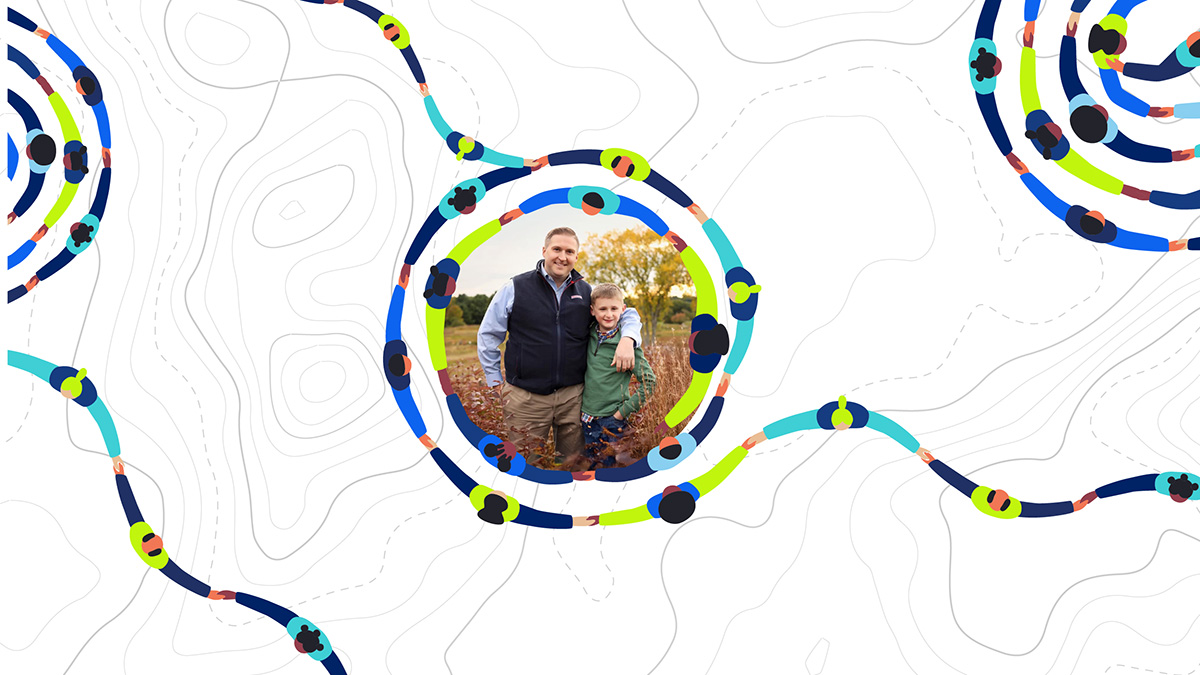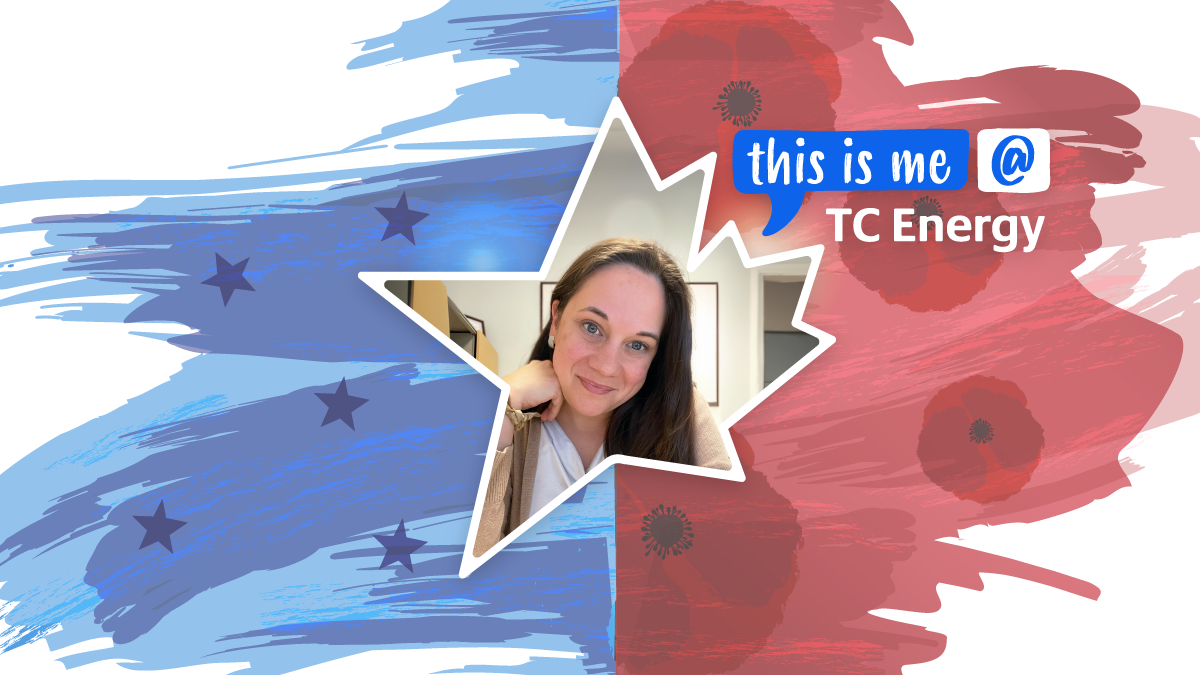Dec 3, 2024
Honour the fallen, help the living
At TC Energy, we care about the communities where we live, work and operate across North America – and we have a deep sense of gratitude for those who keep our communities safe and protected. We’re honoured to partner with multiple non-profit organizations that support our veterans and military personnel. This year, we’re especially proud to partner with Wounded Warriors Canada (WWC), an organization committed to creating and providing innovative mental health care for Canadian Armed Forces members, veterans, first responders and their families.
Freedom and safety come at a cost
For our soldiers and first responders, trauma can occur any day on the job.
Chris Linford, a retired Lieutenant Colonel and 33-year veteran of the Canadian Armed Forces, almost lost everything in his battle with Post Traumatic Stress Disorder (PTSD). As a Nursing Officer and Health Operations Officer, Chris provided medical support to combat operations. He was deployed on several domestic operations and three overseas tours to the Gulf War, Rwanda and Afghanistan.
Chris’ valiant service took a tremendous toll on both him and his family.
“My relationships had crashed, with my spouse and my children,” reflects Chris. “I struggled with significant thoughts of suicide - I knew I needed help.”
Chris and his family do not suffer alone. According to WWC there were over 80 reported veteran and first responder suicides in Canada last year. They believe this devastating statistic demonstrates the need that exists among our uniformed service members, and the importance of the programs funded through WWC.

Providing care and compassion for the ill and injured
At the height of his military career, Chris was deployed to run a combat surgical hospital in Kandahar, Afghanistan.
“In seven months, I saw a tremendous amount of trauma and casualties – more than any one person should see in a lifetime,” says Chris. “I came out of it with my PTSD worse than ever.”
Through several great organizations, Chris received the care he needed to become well again. While attending care, he decided to take part in a veterans transition program – which is where he found WWC.

Today, Chris is thriving. While PTSD will be a life-long battle, he now has the resources and tools he needs to be able to manage it when it hits. With the unwavering support of his wife Kathryn and Dr. Tim Black they have founded the Couples Overcoming PTSD Every Day (COPE) program. Chris is a national ambassador for WWC and published author, sharing his inspirational story through his book Warrior Rising: A Soldier’s Journey to PTSD and Back.
Together, we can support our warriors in uniform
This year, TC Energy is proud to partner with WWC, through our Build Strong program, to help those who serve and protect us every day. These funds will enable 50 first responders and Canadian Armed Forces members from southern Ontario to participate in the Before Operational Stress (BOS) program.
Dr. Megan McElheran is a clinical psychologist and WWC clinical advisor who developed the BOS program.
“We are privileged to take for granted that if an emergency occurs there will be helpers and rescuers who arrive to save us,” says Dr. McElheran. “Not many of us take time to consider what it means to be one of those rescuers.”
“I have seen first-hand how psychological injuries can change the lives of our public service personnel in profoundly negative ways,” she says.
“We are working to create new and stronger communities of public safety personnel across the country by allowing them to develop authentic bonds with each other, as they learn psychological techniques to protect their mental health.”



